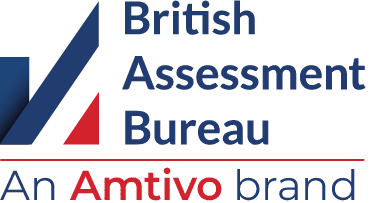What is ISO 27001?
ISO/IEC 27001:2022, known as ISO 27001, is the standard developed by the International Organisation for Standardization (ISO) and the International Electrotechnical Commission (IEC) that addresses Information Security Management. It provides an extensive set of requirements for managing sensitive company information, supporting its security and integrity.
While ISO 27001 may not have the same long-standing history as ISO 9001 or ISO 14001, it has become one of the most in-demand standards in recent years. As cyber threats continue to rise, more organisations are turning to ISO 27001 to help them manage information security risks and put robust controls, policies, and procedures in place to protect their data.
What is an Information Security Management System (ISMS)?
An ISMS is a set of comprehensive policies and processes that enable organisations to handle sensitive information securely.
Establishing these processes helps organisations to manage the risk of data being mishandled, destroyed, or lost. An ISMS also outlines the steps to combat errors and analyse incidents to reduce the likelihood of recurrence.
To simplify this, an Information Security Management System (ISMS) is like your organisation’s security playbook, a set of written rules and step‑by‑step procedures that guide everyone on how to classify, store, share, and protect sensitive data such as customer records or financial reports. It helps you identify and prioritise risks by deciding whether to focus on encrypting emails or strengthening physical security, and also includes regular checks, such as audits and scans, to ensure those rules are followed.
If something does go wrong, the ISMS defines how to detect the incident, who to notify, and how to respond and learn from it, so that the same error does not happen again.
How does ISO 27001 manage information security risks?
ISO 27001 requires organisations to systematically assess any risks to their information security and implement policies and procedures to manage those risks.
This proactive approach helps organisations to anticipate potential threats and implement preventive measures, helping them to be well-prepared to handle security incidents and mitigate their impact.
It provides a structured approach for managing information security risks in accordance with defined objectives and obligations.
Why is ISO 27001 important for organisations?
ISO 27001 is crucial for organisations as it helps protect data assets and meet compliance objectives. By adopting a risk-based approach to information security management, ISO 27001 addresses specific information security threats and covers people, processes and technology.
This standard is important not only for large corporations but also for SMEs and charities, which are equally vulnerable to cyber attacks and data breaches.






